Programme Structure
The programme is taught over 24 months and includes at least three mobility periods*.
- Semester 1 in Lisbon at ISCTE Instituto Universitário de Lisboa
- Semester 2 in Paris at IESA Arts and Culture
- Summer School in Glasgow at University of Glasgow (optional)
- Semester 3 in Rotterdam at Erasmus University Rotterdam
- Winter School in Mumbai (optional)
- Semester 4 in the city of your choice: To complete your dissertation, you will choose one of the above locations to return to, based on your dissertation topic.
*Please note that courses offered may vary from year to year and are subject to change.
The pedagogical design of this programme will expose you to a broad range of teaching, learning, and assessment formats, including lectures, discussion-oriented seminars, project-based teamwork, e-learning, dissertations, written assignments, exams, and oral presentations.
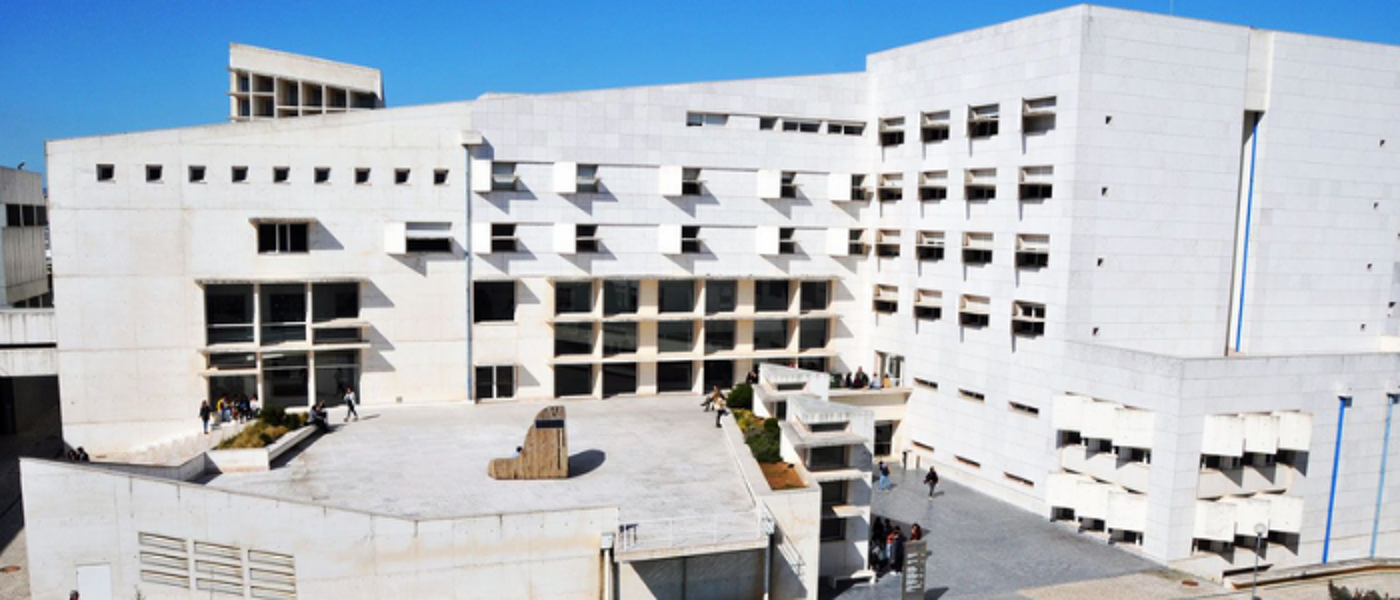
Year 1, Semester 1: ISCTE Universidade de Lisboa
From September to December, you will live in Lisbon and attend ISCTE Instituto Universitário de Lisboa (ISCTE) and the School of Arts and Humanities at the Universidade de Lisboa (FLUL).
Core Courses:
- Art Markets: Structure and Dynamics
- Cultural Entrepreneurship
- Management Foundations
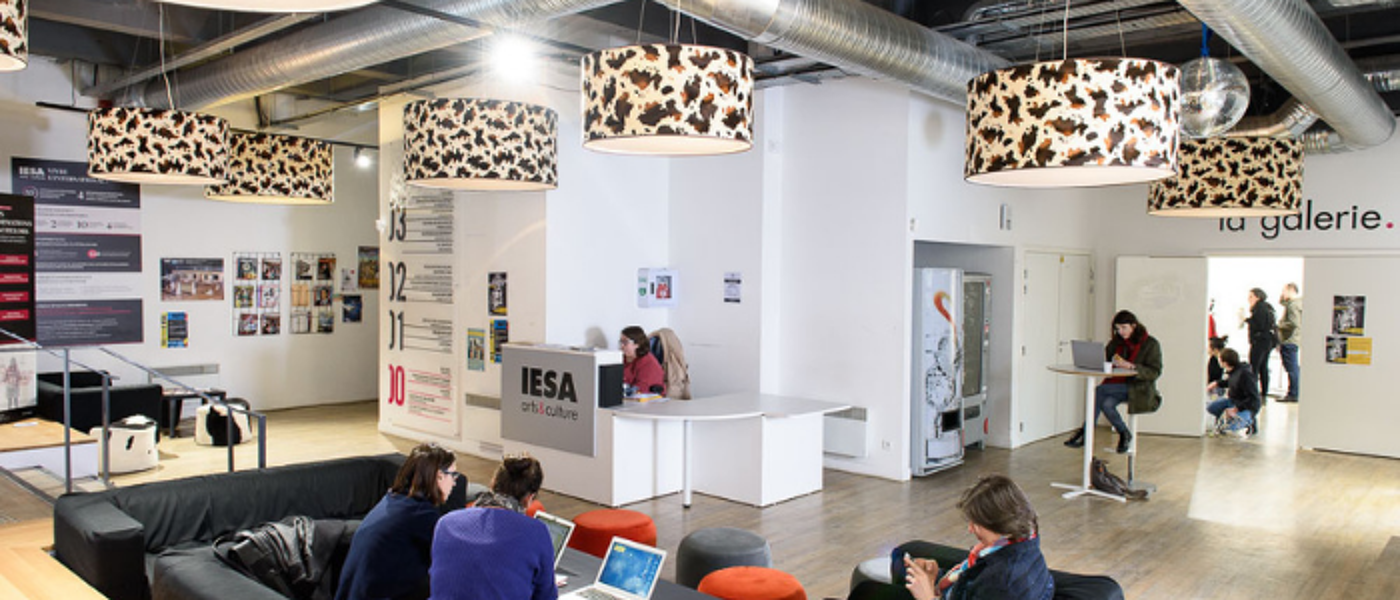
Year 1, Semester 2: IESA Arts and Culture
From January to June, you will live in Paris and attend IESA Arts and Culture (IESA).
Study Track 1: Art Markets
Core Courses:
- Emerging Art Markets
- Project Methodology
- From Private Collection to Public Museum: The Roles of Collections in Creating Cultural Heritage
- Art Law
Study Track 2: Cultural Heritage of the Future
Core Courses:
- Corporate Social Responsibility and Cultural Management
- Project Methodology
- From Private Collection to Public Museum: The Roles of Collections in Creating Cultural Heritage
- Art Law
Optional courses on both study tracks:
- Art History: 1600-1815
- Contemporary Art and Cultural Heritage
- Marketing, Communication and Web Marketing
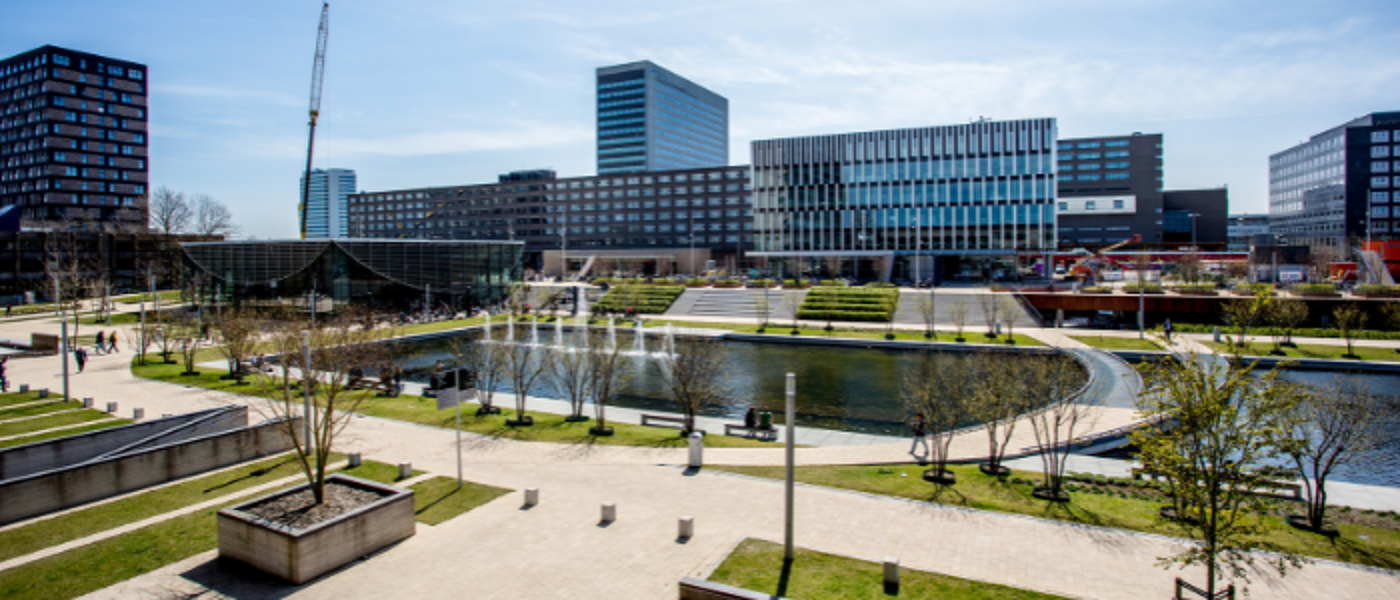
Year 2, Semester 3: Erasmus University Rotterdam
From September to December, you will live in Rotterdam and attend Erasmus University Rotterdam (EUR).
Study Track 1: Economics of Cultural Heritage
Core Courses:
- Thematic Seminar 1: Cultural Economics: Theory Research Workshop, Social Sciences
- Thematic Seminar 2: Cultural Entrepreneurship: Theory
- Cultural Economics: Empirical Research OR Cultural Entrepreneurship: Empirical Research
- Thematic Seminar 3: Managing Cultural Heritage OR Thematic Seminar 4: Economics of Cultural Tourism
- Economics of Cultural Heritage
- Master Thesis Class
Study Track 2: Cultural Tourism
Core Courses:
- Thematic Seminar 1: Critical Heritage Studies
- Thematic Seminar 2: Cultural Sociology of Tourism
- Research Seminar: Researching Cultural Tourism
- Thematic Seminar 3: Managing Cultural Heritage OR Thematic Seminar 4: Economics of Cultural Tourism
Optional Courses On Both Study Tracks:
- Media Tourism
- Contemporary Aesthetics
- Cultural Management
- International Art Markets
- Economics of Fashion and Sustainability
- Museums in Context
- Assessing the Impact of Culture and Creativity in Society
- Project: Applied Cultural Entrepreneurship
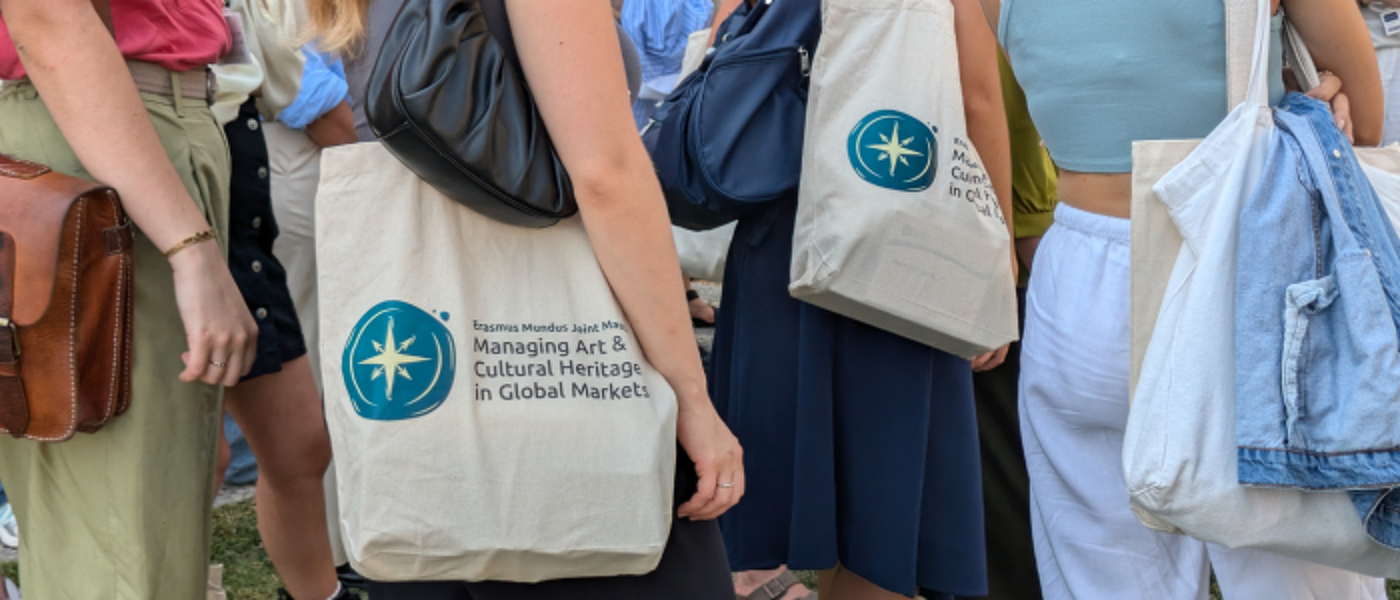
Year 2, Semester 4: Dissertation
Students will choose to return to either Lisbon, Paris, Rotterdam, or Glasgow from January to August, to complete their dissertation at a partner university.
Supervisors will be assigned based on their subject expertise and research interests to ensure a good match with each student’s needs.
Type of Assessment:
- Dissertation (90%): 15,000-20,000 words
- Viva (10%)
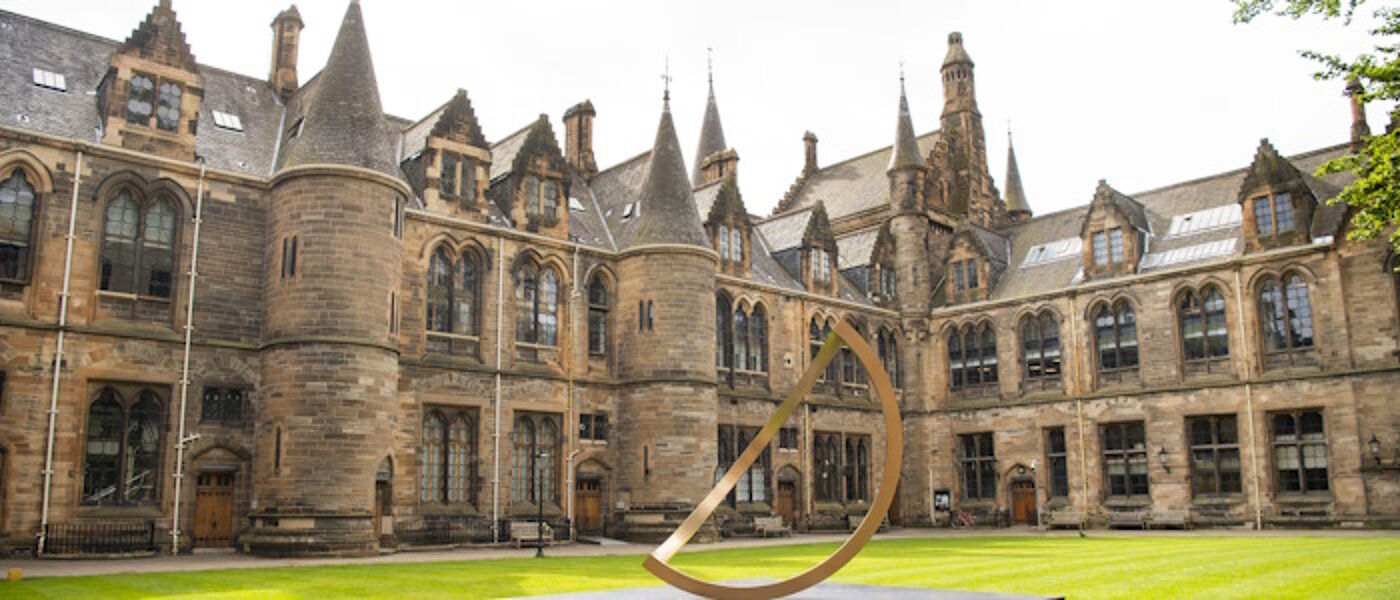
Year 1 & 2, Semester 1, 2 & 3: University of Glasgow (Online)
In Semester 1, 2, and 3, students will take three courses with University of Glasgow, entirely online.
Core Courses:
- Semester 1: Interdisciplinary Research Methods and Approaches: Managing Art & Cultural Heritage in Global Markets
- Semester 2: Cultures of Collecting: Collecting Cultures
- Semester 3: Provenance and Restitution
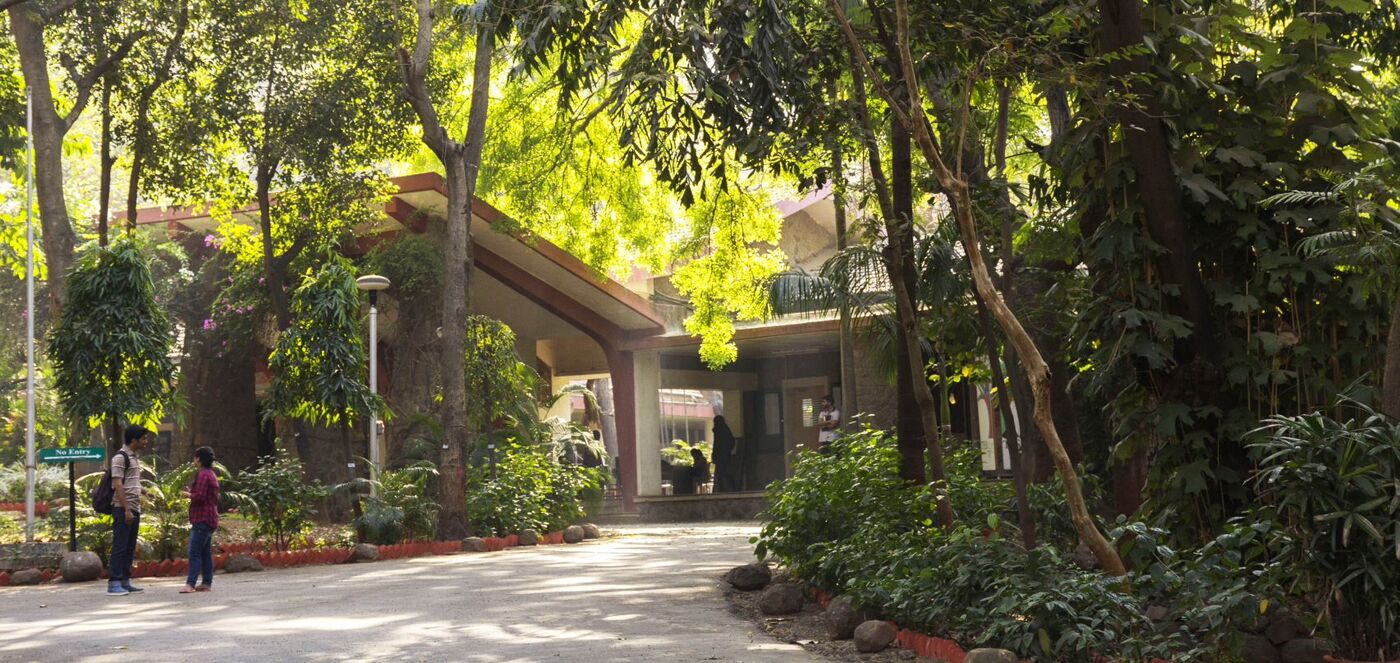
Seasonal Schools
All students, regardless of whether they are on a scholarship or self-funded, can diversify and enrich their knowledge and experience by attending one of the MAGMa Seasonal Schools* at no additional cost.
Summer Schools in Glasgow, Scotland (Two optional 2-week sessions running in parallel in July, Year 1)
Option One: The Hunterian at the University of Glasgow offers insights into colonial collecting, contested objects, modalities of acquisition, curation, and restitution.
Option Two: The Smithsonian Cultural Rescue Initiative (SCRI), also at the University of Glasgow, focuses on issues related to cultural property rescue, protection, disaster risk management, and the management of interventions in an inclusive and sustainable manner.
Winter School in Mumbai, India (Optional 2-week programme in January, Year 2)
The Tata Institute of Social Sciences’ Winter School explores museums and heritage, the art market, and cultural tourism in Mumbai. Recognised as both the industrial and financial capital of India, Mumbai is also a vibrant hub for culture and the arts. This programme offers participants a unique opportunity to study the complex dynamics of cultural heritage management in a large city outside Europe.
*Please note:
- Seasonal Schools are non-credit bearing and may vary each year, subject to change.
- Seasonal Schools may not run if we do not reach the require minimum numbers. Please confirm that your chosen seasonal school is definitely running before booking your travel and paying for visas.

